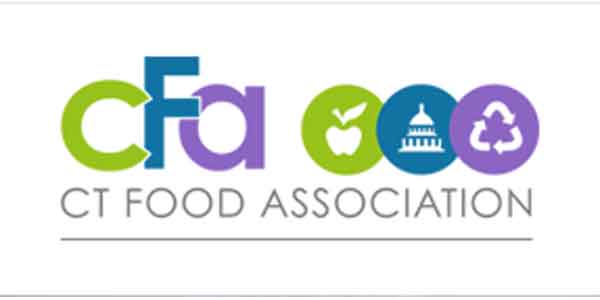Businesses engaging in selling a wide variety of foods for curbside pick-up should take note of the following guidance from DCP.
Recommendations:
- Potentially hazardous foods, those foods which are in part or wholly composed of meat, fish, milk, eggs as well as cut fruits and vegetables need to be kept cold (cold foods need to be kept below 40 degrees F).
- Likewise, hot foods need to be kept hot (above 135 degrees F).
- Unless the establishment is licensed as a retail food service establishment (check with your local health department) they should not be selling cook to order products.
- Other sales and use licenses may be required depending on the types of food your establishment is selling. Establishments should verify with local officials on specific requirements. As an example, locally produced milk or milk products, shellfish, baked items or food manufactured in Connecticut require different licenses.
- Pre-packed food items need to be appropriately labeled. At a minimum, all pre- packed foods should have a common or usual name, a net contents statement (net weight or volume), an ingredients statement if composed of more than one ingredient and a statement of responsibility (manufactured by or distributed by).
- The establishment should have set procedures for hand washing, changing gloves and disinfecting surfaces.
- Social distancing is the recommended method to avoid infection. Six feet or more is the recommended distance, so you should consider how you are going to conduct transactions within those parameters. For example, a credit card reader can be wiped down after use, orders can be paid for online prior to pick up, or customers can pay with exact change. The key thing is always to maintain appropriate distancing.
- In addition to procedures for food preparation and packaging, hands should be washed thoroughly after putting away all packaging, including paper boxes and bags. Surfaces touched by packages should be cleaned and sanitized as well. Non-porous bottles or packaging should be wiped down as well.Whole, uncut fruits and vegetables are generally considered to be safe, but it is recommended to wash those products (and your hands) thoroughly, particularly if fruits and vegetables are to be consumed raw.
Additional guidance on food safety can be found on the FDA, Food Marketing Institute and USDA Websites:


